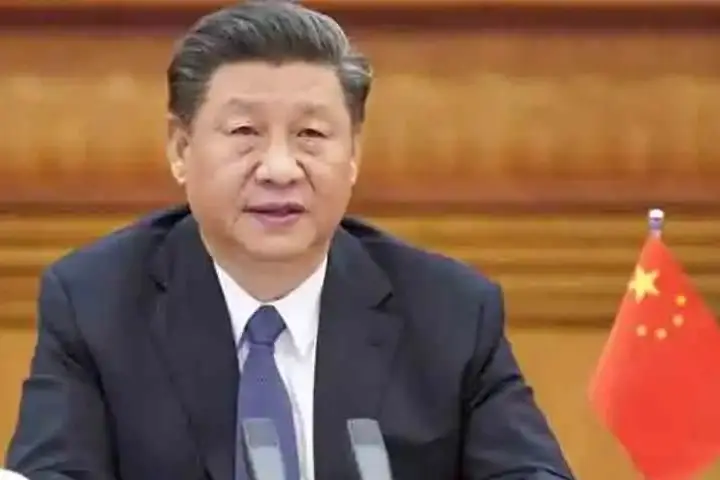The acute power shortage in China, which has already brought down its industrial activities, is set to have an impact on economic growth. China, the first country to come out of the Covid 19 pandemic induced crisis is now starting at a slowdown of factory output. Driven by a surge in coal prices amid increase in demand, power shortage — – the worst in the last 10 years – is likely to continue till next year. “Candles are back in China,” said a person residing there.
China is largely dependent on coal for its energy requirements.
Beijing based news organisation Global Times in fact said that it could persist till March next year.
Also read: Power shortages return to China amid bad weather, surging demand
Goldman Sachs, in a report, has slashed the country’s growth projection from the previous 8.2 per cent to 7.8 per cent for this year. It noted that the power crisis has severely impacted industrial activities. Not just that. This could have far reaching implications as China’s exports could also be impacted.
Why is China facing a power shortage?
While Chinese President Xi Jinping has set a target to reduce energy intensity and bring carbon emissions to a peak by 2030 and to net zero by 2060, David Fishman, a consultant at energy consultancy Lantau Group told Fortune that China’s policy of emission reduction is a secondary cause for the power shortage.
According to Fishman, the “primary culprit is coal and gas prices which have more than doubled in China this year due to a resurgence in ‘post-pandemic’ global demand.”
Bloomberg in a report also said that “China’s energy crisis is partially of its own as Xi “tries to ensure blue skies at the Winter Olympics in Beijing next February and show the international community he’s serious about de-carbonizing the economy.”
"Many countries and governments are abruptly shunning conventional energy such as coal which is critical for electricity generation. While it is important to reduce energy intensity, it cannot be done in a hurry..it takes time and needs to be done in a phased manner," an energy expert told India Narrative.
Also read: Many nations join call for no new coal plants
The current situation has left many companies – domestic as well as foreign worried. Scores of companies have announced power rationing could force them to delay filling orders and might hurt them financially, ABC News said.
In fact, many suppliers of multinational companies such as Apple and Tesla in China, have had to halt production in a bid to adhere to the energy consumption policies.
Daily lives impacted
Power outages have hit daily lives too. Several provinces in northeast China have been hit by power cuts. Besides, traffic lights in several cities have been disrupted.
Javier Blas, Bloomberg’s chief energy correspondent tweeted, “At least 20 Chinese provinces and regions making up for more than 66 per cent of the country’s GDP have announced some form of power cuts.” Many hospitals have also gone without power supply.
Power cuts are not uncommon in China. But in the last few months, the frequency has gone up exponentially.




















